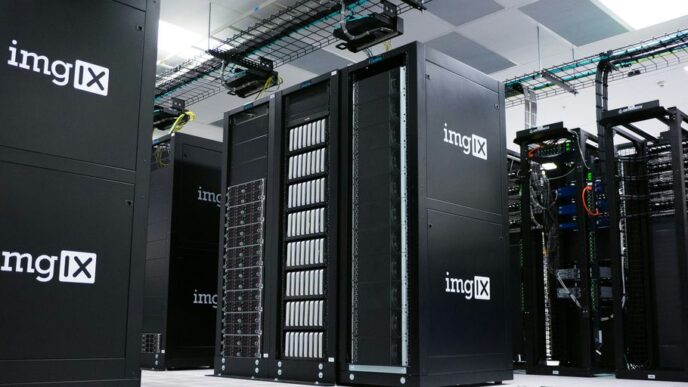Clean technology, also known as clean coal technology, is any system, product, service, or technology that lowers negative environmental impacts via significant energy savings, the reduction of waste, or other environmental protection measures. Many countries and corporations have been using clean technologies for a variety of reasons, but the primary driving force behind this growth has been the growing concern for the environment. Advances in technology have helped industries reduce energy consumption, reduce toxic emissions, and improve air quality, all of which can directly affect the health of people and ecosystems. Clean coal technology is one such technology, and it has been garnering attention recently as public awareness and the cost of conventional energy grows.
Clean technologies include such alternative energy sources as geothermal power, wind energy, solar power, and hydropower, and they differ from “dirty” energy sources such as coal and petroleum by using technologies that do not deplete natural resources. In some ways, clean technologies are even more valuable to society because conventional energy sources create negative environmental impacts. For example, burning fuel in a conventional vehicle produces carbon dioxide and other pollutants that worsen the effects of global warming. Alternative energy sources on the other hand do not deplete natural resources or produce harmful byproducts.
However, there are many limitations to the full potential of clean technology. One of these is the fact that clean technologies do not generate electricity at a fast rate. Additionally, while they have significantly reduced the harmful impact of conventional energy, there is still a lot of potential for pollution and the degradation of the environment due to the long lifecycle of many cleantech technologies. Similarly, advances in cleantech have not yet fully tapped the economic, social, and political advantages of such systems over conventional energy systems.

This has not prevented the growth of cleantech in the United States. However, the growth of cleantech in the United States has been quite limited compared to other developed countries in the world. The U.S. does have a number of industries that promote clean technology. These industries include pharmaceuticals, biotech, bio-fuels, and biotechnology industries.
Another important role for clean technology is in climate change mitigation. Many governments around the world have recently allocated financial resources towards research and deployment of green technologies. The European Union and the United States have both established national action plans for combating climate change. As a result of these policies, both countries have seen significant growth in renewable energy sectors such as wind power, solar power, and hydropower.
The potential for cleantech investment opportunities exists in a few different areas. Venture capital firms have shown a growing interest in cleantech investments. This is primarily due to the significant potential of reducing costs and improving efficiency. Venture capitalists are also interested in cleantech due to its ability to deliver a tangible return on investment. cleantech can either be sold to consumers directly or leased to other companies for a profit. Due to the high level of efficiency of clean technology systems, it is very unlikely that venture capitalists would lose money on these investments.












